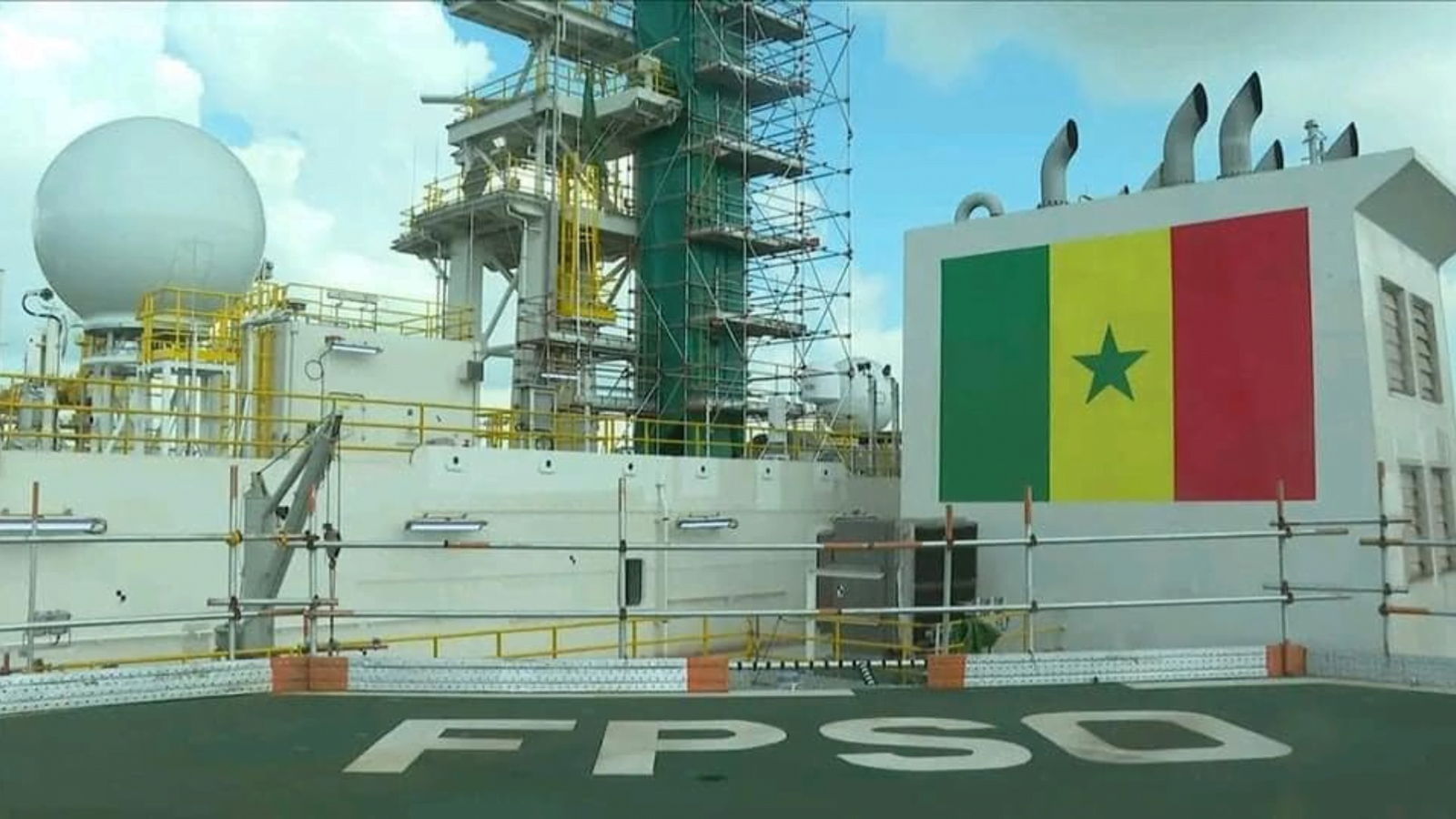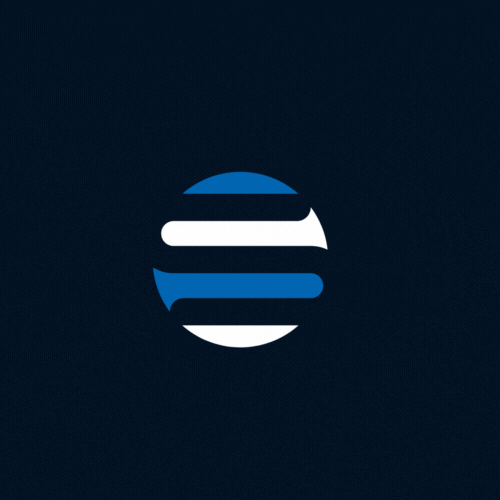
In the dynamic landscape of Senegal’s energy sector, several major companies are making significant strides. BP, in partnership with U.S.-listed Kosmos Energy, is at the forefront with the Greater Tortue Ahmeyim (GTA) project, marking Senegal’s entry into the liquefied natural gas (LNG) market. This ambitious venture, a floating facility shared with Mauritania, is set to produce 2.3 million tonnes of LNG annually in its initial phase. BP’s 56% stake in the project underscores its role as the primary operator, while Kosmos Energy’s 27% share reflects its substantial involvement. The national interests are represented by Petrosen and Mauritania’s SMHPM, holding 10% and 7% respectively.
Kosmos Energy has been a part of Senegal’s oil and gas narrative since 2014, acquiring stakes in the Cayar and St. Louis offshore blocks. The company now operates the Yakaar-Teranga gas field, touted as one of the largest recent gas finds globally, with an estimated 25 trillion cubic feet of “advantaged” gas.
Woodside Energy, hailing from Australia, commands an 82% stake in the Sangomar oil and gas field, with Petrosen holding the remainder. Located off Senegal’s coast, the Sangomar field is poised for its first oil production in mid-2024, targeting an extraction of 230 million barrels of crude oil in its first development phase.
The French energy titan Total has also cast its sails towards Senegal’s promising waters, signing a deal in 2017 to explore the deepwater Rufisque and Ultra Deep Offshore blocks, holding majority stakes and assuming the role of operator.
Nigeria’s Oranto Petroleum is another key player, exploring two untapped oil blocks off Senegal’s coast, with the Cayar Shallow, which is now open to farm-in partners, and the St Louis Shallow, which it entered in 2015.
Cairn Energy PLC, through its subsidiary Capricorn Senegal Limited, holds a 40% working interest in the Sangomar Field Development in Senegal. The Government of Senegal has approved the Exploitation Plan for this project, and the development is moving forward with an expected production capacity of 100,000 barrels per day. The Sangomar Development is designed to be a stand-alone floating production storage and offloading (FPSO) facility with 23 subsea wells.
FAR Limited had a 13.67% interest in the Senegal RSSD Project, which they sold to Woodside in July 2021. As part of the sale, FAR received $126 million in cash and rights to a contingent payment of up to $55 million, based on future oil sales from the project. The contingent payment is subject to certain conditions and is capped at $55 million, terminating on the earliest of 31 December 2027, three years from the first oil sale, or when the total contingent payment reaches $55 million.
Beyond oil and gas, Senegal’s mining sector is rich in gold, phosphate, zircon, and essential base metals like iron, copper, nickel, and limestone reserves.
Endeavour Mining owns the Sabodala-Massawa mine, Senegal’s largest operational gold mine, which is undergoing expansion to include a new processing facility. Moroccan mining firm Managem recently acquired IAMGOLD’s Boto Gold Project, with plans to commence operations in 2025. Dangote Cement, a Nigerian giant, operates a significant factory near Dakar, marking one of the largest African investments in Senegal.
As Senegal stands on the brink of a new era in its oil, gas, and mining sectors, it is imperative to reflect on the broader implications of foreign investment and ownership in these industries. While the expertise and capital brought in by international companies are invaluable, it is equally crucial for Senegal to harness its own human and natural resources to foster sustainable development.
The current state of affairs, where Senegal retains a relatively small stake in major projects, underscores the need for a more equitable distribution of wealth and benefits derived from the country’s rich resources. It is indeed disheartening to see limited national ownership in ventures such as the Sabodala gold mine, which has transitioned to foreign control.
Moving forward, Senegal has the opportunity to renegotiate terms, prioritize national interests, and invest in the education and training of its workforce. By doing so, it can ensure that the fruits of its natural wealth are enjoyed by its people and that the nation’s economic growth is driven by Senegalese hands and minds.
The path ahead is challenging, but with a strategic approach that balances external partnerships with internal capacity-building, Senegal can pave the way for a future where its prosperity is self-determined and its resources are a source of empowerment for its citizens. 🌱✨


